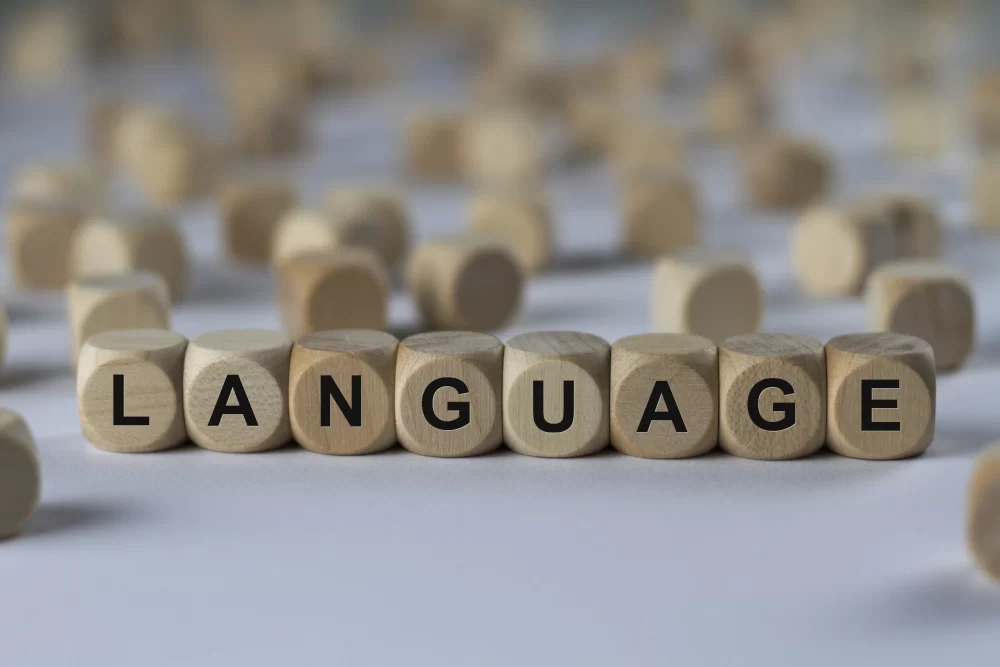As language evolves, some words fall out of favor, becoming less useful or recognized in everyday conversation. This article highlights 15 such words, which, despite being recognized to some extent, have lost their practicality in modern English. Their presence or absence in contemporary dialogue offers insight into the dynamic nature of language.
1. Kerfuffle

“Kerfuffle” refers to a commotion or fuss, especially one caused by conflicting views. Despite its charming sound and precise meaning, it’s often replaced by more commonly used words like ‘uproar’ or ‘disturbance.’ Its decline in usage exemplifies how language streamlines itself, phasing out less common terms.
2. Dandiprat

“Dandiprat” is an old-fashioned term used to describe someone who is frivolous, flighty, or of little importance. Originally, it also referred to a small coin, implying something of low value. This word, with its playful sound and specific meaning, has largely fallen out of use in contemporary language.
Modern equivalents like ‘lightweight’ or ‘frivolous’ have replaced this quaint term, reflecting the tendency of English to evolve towards more widely recognized and used expressions. The decline of “dandiprat” is a testament to the dynamic nature of language and its continuous adaptation to the times.
3. Brouhaha

“Brouhaha” implies a noisy and overexcited reaction or response. Though it captures the essence of uproar, it’s often bypassed for more familiar words like ‘fuss’ or ‘commotion.’ The decrease in its use highlights the evolving preferences in linguistic expression.
4. Lollygag

To “lollygag” means to spend time aimlessly or to dawdle. Despite its descriptive nature, it’s frequently replaced by more common verbs like ‘loiter’ or ‘dawdle.’ The word’s decline is indicative of the language’s continuous adaptation to more widely recognized vocabulary.
5. Skedaddle

“Skedaddle” means to depart quickly or hurriedly. While still understood by many, it’s often substituted with ‘leave’ or ‘escape.’ Its reduced usage demonstrates how language tends to shed less popular terms over time.
6. Flummox

To “flummox” means to perplex, confuse, or bewilder. Although it’s a perfectly expressive word, it’s commonly replaced by ‘confuse’ or ‘baffle.’ The waning of such terms signifies the natural process of linguistic simplification.
7. Gobbledygook

“Gobbledygook” refers to language that is nonsensical, complicated, or difficult to understand. Despite its apt description of incomprehensible speech or writing, it’s often replaced with ‘nonsense’ or ‘jargon.’ Its decline in usage reflects the preference for more universally understood terms.
8. Malarkey

“Malarkey” means meaningless talk or nonsense. While it’s still somewhat recognized, especially in certain cultural contexts, it’s frequently overshadowed by ‘nonsense’ or ‘rubbish.’ The word’s decreasing popularity showcases the fluid nature of linguistic preferences.
9. Blithesome

“Blithesome” is a lesser-known word in the English language that means happy or carefree. Despite its cheerful and light-hearted connotation, “blithesome” has largely fallen out of common usage, overshadowed by more familiar words like ‘joyful,’ ‘merry,’ or ‘cheerful.’
Its poetic and somewhat archaic sound gives it a charming quality, yet it remains a rarity in modern conversation and writing. The decline of “blithesome” is reflective of the natural evolution of language, where certain terms fade into obscurity as others rise to prominence.
10. Nincompoop

A “nincompoop” is a foolish or silly person. While the word is understood by many, it’s often replaced by terms like ‘fool’ or ‘idiot.’ The shift away from such whimsical terms is a testament to the changing landscape of English vocabulary.
11. Lassitude

“Lassitude” is a word that describes a state of physical or mental weariness. While it perfectly encapsulates the feeling of tiredness or lack of energy, its usage is not as common in everyday language. In modern conversation, terms like ‘exhaustion,’ ‘fatigue,’ or simply ‘tiredness’ are more frequently used. The decline in the use of “lassitude” reflects the language’s evolution, favoring more straightforward and widely recognized expressions to describe the state of being tired.
12. Matrimony

“Matrimony” is a formal term for marriage, often used in legal and religious contexts. While the word accurately describes the state of being married, its usage in everyday conversation has become less frequent. Nowadays, people more commonly use the word ‘marriage’ or simply ‘wedding’ to refer to the union between partners. The decline in the use of “matrimony” in casual language showcases the shift towards more colloquial and widely recognized terms when discussing the concept of marriage.
13. Fiddlesticks

“Fiddlesticks” is an exclamation used to express annoyance or impatience. While quaint and recognizable, it’s infrequently used, replaced by more direct expressions of frustration. Its fading presence in everyday language illustrates the shift towards more blunt and direct communication.
14. Calisthenics

“Calisthenics” refers to a form of exercise consisting of a variety of simple, often rhythmical movements, generally without using equipment or apparatus. It’s intended to increase body strength, fitness, and flexibility through movements such as bending, jumping, swinging, twisting, or kicking, using only one’s body weight for resistance.
Despite its specific and descriptive nature, “calisthenics” is often overshadowed in everyday language by more general terms like ‘exercise,’ ‘workout,’ or ‘fitness routine.’ The less frequent use of “calisthenics” reflects a trend in modern English to opt for more commonly understood terms when discussing physical exercise.
15. Pedagogy

“Pedagogy” is a term that refers to the method and practice of teaching, especially as an academic subject or theoretical concept. While it is a precise term used in the context of education and learning, its usage in everyday language is less common.
People often use more straightforward terms like ‘teaching methods,’ ‘education,’ or ‘instruction’ in regular conversation. The decline in the casual use of “pedagogy” demonstrates the tendency of modern English to prefer more commonly recognized words when discussing educational concepts and practices.
A Reflection of Culture and Needs

Language reflects the culture and needs of its speakers. The waning use of these words, while a natural part of linguistic evolution, offers a charming glimpse into the past and a reminder of the ever-changing nature of communication. Share your thoughts on these words, and let’s continue to explore the fascinating world of language together.
Read the full article here
















